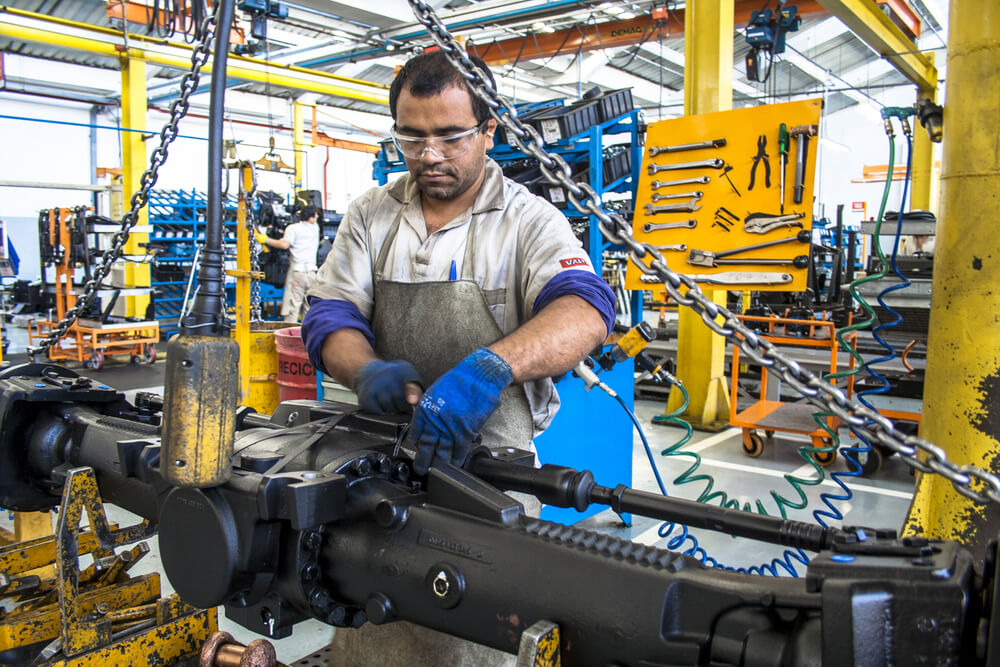
The global shortage of semiconductors is making splash headlines across the mainstream media. But a little-known byproduct of fewer chips is that it appears to be hamstringing heavy-duty trucker manufacturers.
Reports indicate that production of Class 8 trucks sunk to levels not experienced since May 2020. While a backlog of big rig orders persists, manufacturers produced only 14,920 units during July 2020. Unfortunately, more recent data is not yet readily available for comparison. Before the pandemic interrupted truck-making facilities, 2019 ranked as the high-water mark for production with nearly 270,000 Class 8 vehicles sold in the U.S. With Covid largely in check and plants re-opening, the companies that build vehicles to maintain the supply chains are struggling with delivery hiccups of their own.
“Everything you want to see for Class 8 demand is there in spades,” ACT president and analyst Kenny Vieth reportedly said. “What’s missing are parts.”
To offset backlogged truck orders that reportedly exceeded 260,000, companies are swapping chips typically reserved for medium-duty vehicles to Class 8 models. Even with adjustments, the worldwide chip shortage forced General Motors and Ford to announce cutbacks at some facilities. Ford officials anticipate the semiconductor shortage will result in a production downturn of more than 1 million vehicles and financial losses upwards of $2.5 billion.
“We simply ordered and received parts. We’re now reaching far down into our supply chain to assist suppliers in planning for shortages, navigating constraints, and working to help them keep the upstream flow of parts moving,” Daimler Trucks North America vice president David Carson reportedly said.
GM recently announced that eight of its North American plants could see work stoppages in the coming weeks. Although the pauses will primarily affect passenger cars and medium-duty trucks, Class 8 vehicles could be equally impacted.
“These most recent scheduling adjustments are being driven by the continued parts shortages caused by semiconductor supply constraints from international markets experiencing COVID 19-related restrictions,” a GM statement reportedly indicated. “Although the situation remains complex and very fluid, we remain confident in our team’s ability to continue finding creative solutions to minimize the impact on our highest-demand and capacity-constrained vehicles.”
Reports also indicate that rising cases of Covid infections in foreign semiconductor plants are expected to further strain semi-truck and other vehicle production in North America. Ford extended its Kansas City facility shutdown after a planned one-week layoff running Sept. 13-20. In addition, Unisem, a Malaysian semiconductor producer, suffered a Covid outbreak and is expected to temporarily shutter several plants for one week.
An estimated 3.91 million Class 8 trucks were operating in 2019, an increase of 2.6 percent from the previous year. That figure currently exceeds the 3.5 million Americans who drive heavy-duty trucks for a living.
Sources: wsj.com, businessinsider.com











Leave a Comment